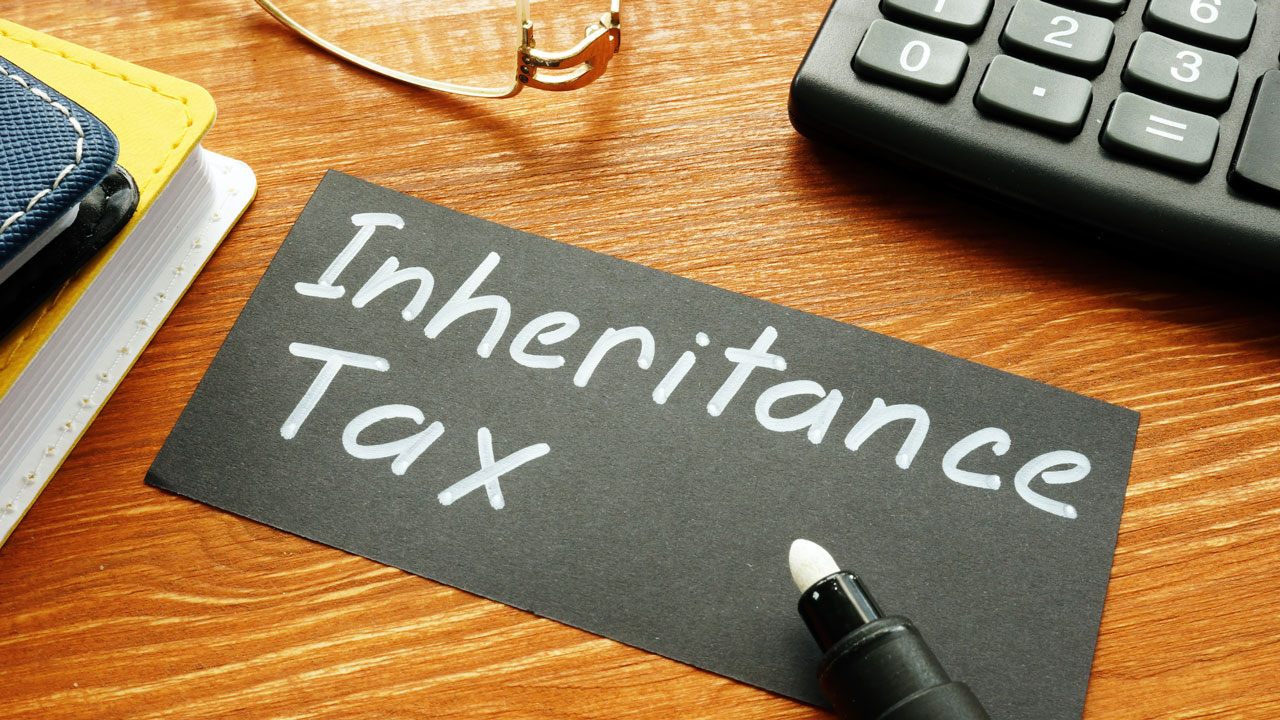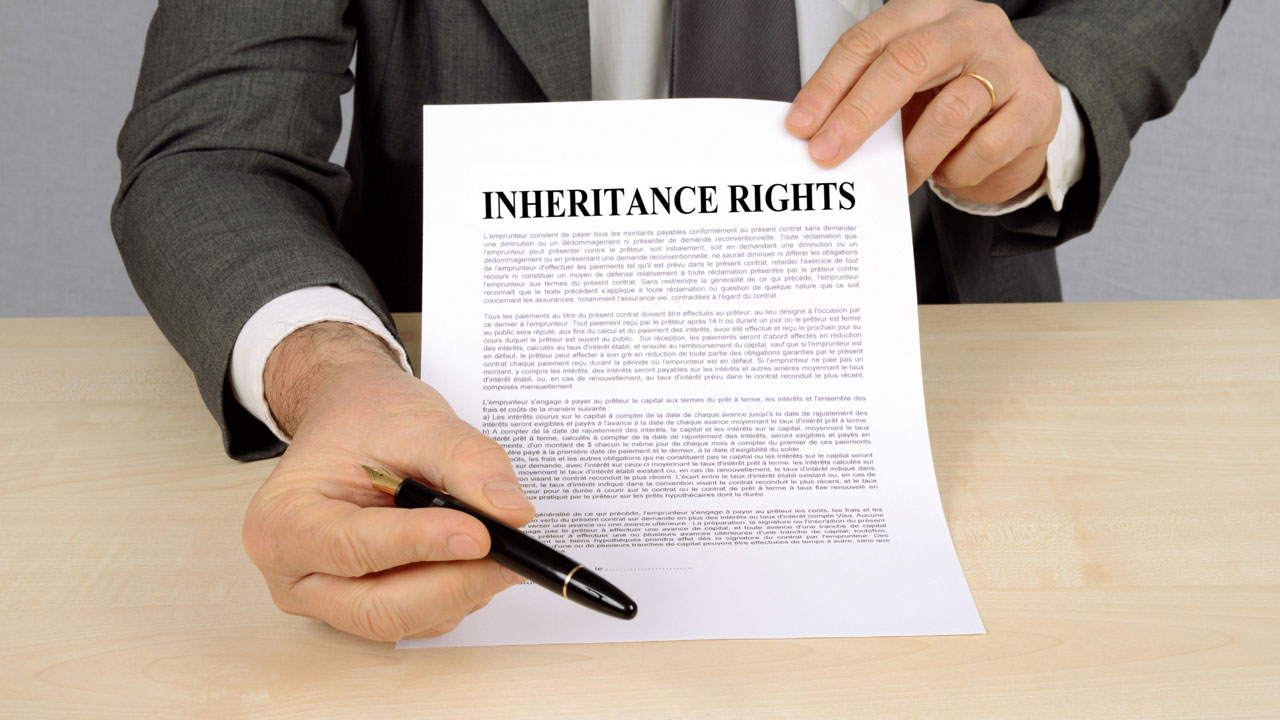Estate planning is an essential part of financial advisory services. It allows you to provide for your family and create detailed instructions on what will happen to your assets after you pass away. An Orange County trust attorney can help you secure your loved ones’ future.
Everyone’s estate plan is different, depending on their needs. For some people, using an LLC in estate planning can streamline the process of passing on assets and allow them to save on taxes.
An Orange County estate planning lawyer can help you determine how to use an LLC to its full potential and create one that is tailored to your family.
What is an LLC?
LLC stands for Limited Liability Company. It’s a legal structure often used by small businesses to protect the owners from legal liabilities related to the company. If a company goes into debt or is sued, for example, the owner’s personal property will be protected.
An LLC can have multiple members, which means that you can include many family members in this kind of structure.
When creating an LLC, you’ll need to choose a name first. After that, you can create the Articles of Organization, which outline the information about the company and what each member of the LLC is expected to do. This includes the rights, powers, and duties of each member.
How Can You Use an LLC for Estate Planning?
Though most people associate LLCs with small businesses, they can also be used for estate planning. There are many benefits to using an LLC to hold assets and pass them through your family.
For example, they allow parents to remain in control of the LLC as managing members while still giving their children and grandchildren access to the assets contained. Managing members can withdraw and sell assets contained in the LLC, while other members will have restricted rights.
LLC ownership is often expressed in units. Those units measure the amount of stake you have in the company.
When you use an LLC for estate planning, you can give your children and other family members shares, and this works similarly to owning stock in a company. However, unlike stocks, you can often assign lower shares of monetary value if they belong to non-managing members.
It’s possible to give relatives shares in the family LLC without being subject to gift taxes because of the relatively low value of those shares. That allows you to support relatives financially without burdening them with taxes.
Using an LLC allows your beneficiaries to enjoy a tax break—both when they receive shares of the LLC and when the time comes to pay estate taxes on their inheritance, this is because assets contained in the LLC are not considered your personal property.
What Can You Transfer into LLC?
Once you create your family LLC, you can transfer assets into the ownership of the LLC. You can transfer all kinds of assets into an LLC, just as you would with a trust.
You can transfer cash into an LLC to be shared among the LLC members. Property is another common asset added to LLCs. Rental properties, land, and even personal residences may be added to your LLC.
It’s also possible to add a personal property, which includes valuables like art collections, vehicles, and jewelry. Any valuables that you would like to share with your relatives can be transferred to your LLC.
However, it does take some paperwork to ensure a smooth transfer of assets and an Orange County estate planning attorney can provide valuable insight— on when it’s best to use trust and when an LLC is a better fit for your needs.
What Will Happen to the LLC When the Owner Passes Away?
It’s important to make a specific, explicit plan for what will happen when the owner of your family LLC passes away. Without a plan, you may be forced to dissolve the LLC.
Instead of allowing that to happen, you can create a plan of succession that allows ownership to transfer to another member of the company. The specifics should be included in your operating agreement that states all the important facts about how your LLC operates.
If the owner has died without a succession plan, you can still prevent dissolution by creating a plan in probate court. Another possible plan of action is to place the LLC into a revocable trust to protect it from dissolution.
When a member dies, the LLC won’t be at threat from dissolution. It does mean that the member’s shares will transfer to the spouse or children. Whoever inherits those shares will not have any managing rights, but they will receive profits and benefits from the assets in the company.
What Are the Potential Disadvantages of Creating an LLC?
While an LLC has several tax benefits and provides an easy transfer of assets between family members, there are some potential downsides. Forming an LLC takes considerable time and money.
Not only is there a fee to form an LLC, but you’ll likely also need to pay fees to maintain it over time. There’s also a lot of legal paperwork that you’ll need to complete. An Orange County estate planning attorney can help you fill out the paperwork correctly and set the terms of your LLC so that they suit your family.
Another consideration is the lack of flexibility when it comes to adding members or transferring ownership. Typically, the succession procedure and ownership transfer process need to be written into the terms of the LLC itself
When you create your LLC, make sure to take into account how you can add future members or assign future owners. Even with the potential disadvantages presented by LLCs, they can provide solutions for many of your estate planning concerns.
Choose an Experienced Orange County Estate Planning Attorney
We understand how important it is to plan for the future and create an effective estate plan. Using an LLC is just one of many ways you can provide for your family and ensure they can inherit your assets smoothly and avoid estate taxes.
We can help you get a sense of your situation and present some of the options available to you. For a free legal consultation with expert estate planning attorneys, contact us at McKenzie Legal & Financial today!











